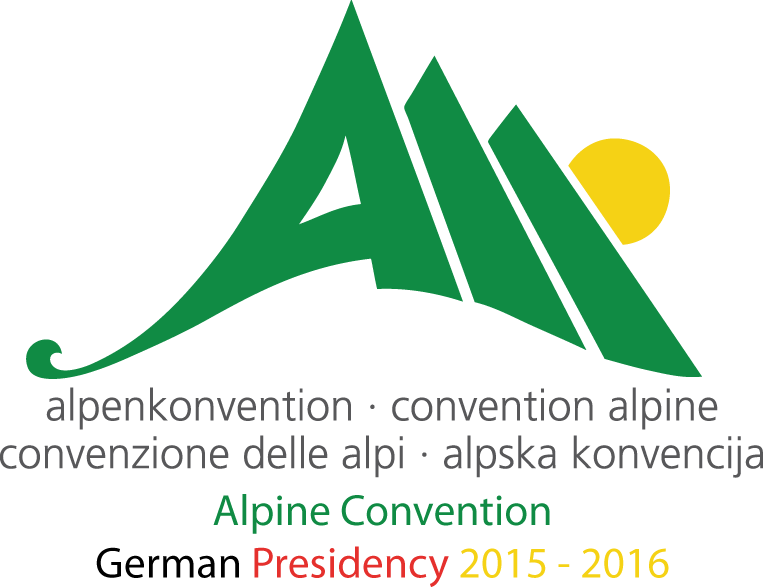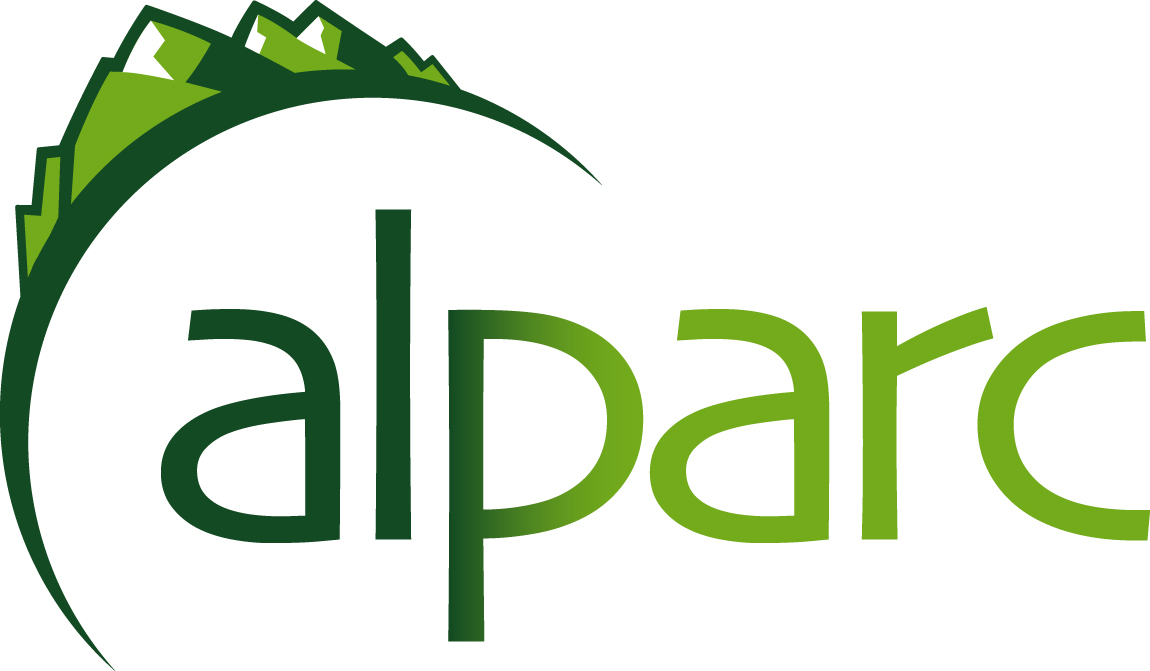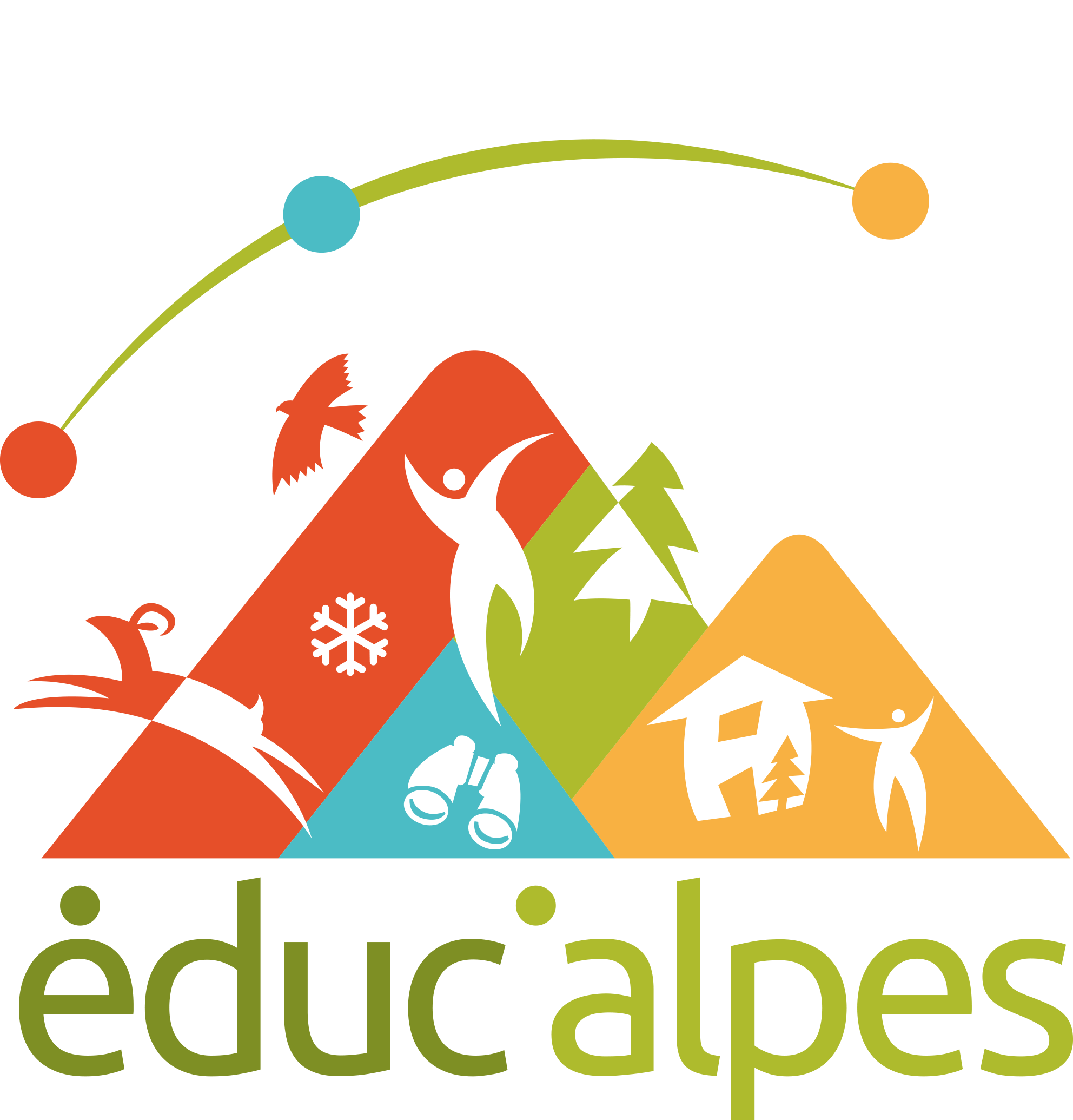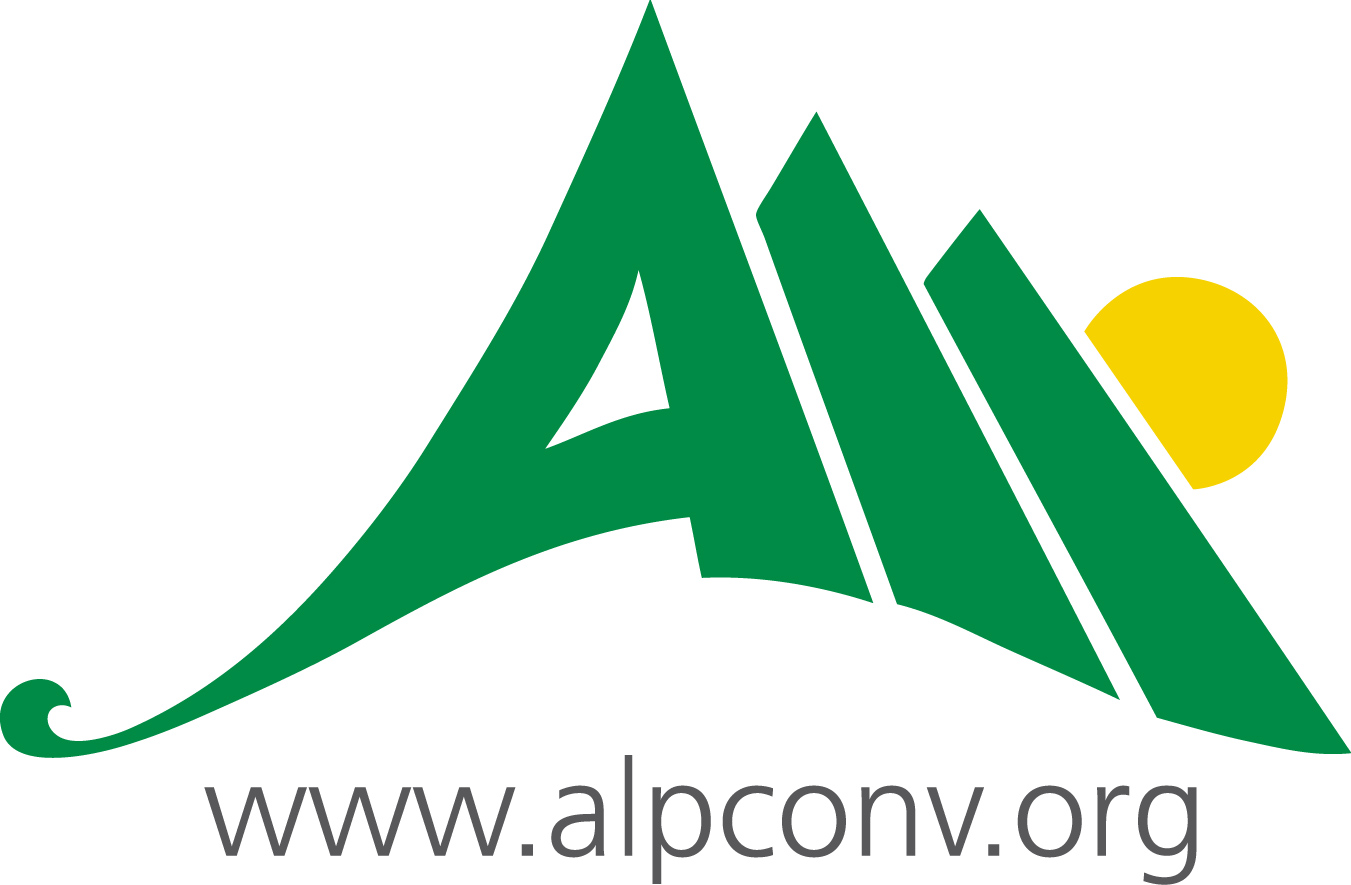For the second year between the 5th and 11th of December, the Alpine Convention organize the Reading mountains Festival. The festival is an occasion to celebrate the Alpine literature and to promote the cultural differences and similarities all along the Alps.
ALPARC supports the initiative "Reading Mountains" Festival by co- organizing an event in Chambéry - France. You are invited to take part in the event “Montagnes et Littérature” taking place from the 07th to the 11th December 2016 in Chambéry (FR)
The event is co-organised by Chambéry Municipality, the Chambéry Office Tourisme & Promotion, the Association Montanea & several other partners.
Download the detailed programme of the event “ Montagnes et Littérature” - Chambéry (FR)
We invite all of you to participate!
Visit The Alpine Convention Website
La 2ème réunion 2016 du Groupe de Suivi National du réseau ALPARC aura lieu dans le Parc naturel régional des Baronnies provençales le 30 Novembre 2016.
Tous les Directeurs et Directrices des Espaces Protégés Alpins Français membres du réseau sont conviés à la rencontre.
Pour plus d'information : info@alparc.org
The majority of the municipalities concerned voted this weekend against their participation in the new Adula National Park. Pro Natura regrets this negative vote and speaks of a wasted opportunity. However, the organisation is encouraged that broad support for the idea of sustainable development and respect for nature has been expressed and recognised.
The “Adula Park” option did not win a majority vote this weekend in the municipalities concerned. After sixteen years of work carried forward with discernment and tenacity, the “Adula Park” must be abandoned, at least in its present form. Pro Natura regrets this vote. “There was no majority in the communities involved. It’s a shame,” declares Silva Semadeni, president of Pro Natura. “But the public debates have, however, shown the emergence of a strong and active minority that wants a regional development that is sustainable and respectful of nature.” These voices will have to be heard in future development projects. Pro Natura hopes that the project for the “Adula Park” will serve as a model for other sustainable ideas to develop the region together – with nature and not against it.
Additional information:
Silva Semadeni, president of Pro Natura, tel: (+41) 079 385 53 57
Christian Bernasconi, Pro Natura Ticino, tel. (+41) 079 262 16 51
Jacqueline von Arx, Pro Natura Grisons, tel. (+41) 079 792 23 52
Nicolas Wüthrich, public information officer, (+41) 079 212 52 54, nicolas.wuthrich@pronatura.ch
This press release is also available in German, Italian and from www.pronatura.ch/medias.
Latest news from the initiative Youth at the top: a photographic retrospective 2016, compilation of texts and drawings that young participant(s) have sent to us through postcards, and finally the dates of 2017 and 2018 editions revealed !
Video clips and photos to be discovered
A short video clip expressing the atmosphere of the 2nd Edition of Youth at Top event has been released during the Alpweek and the Alpine Conference in Grassau (Germany), in October. See the video
The video -best of- invites you to discover all the others videos produced by the young participants or by their guides available on the ALPARC YouTube Channel. Furthermore, you are invited to see the numerous pictures taken by the participants during their experience: funny, touching, happy or contemplative. These pictures will certainly encourage you to take part in the adventure in 2017!
The photo galleries are available at https://www.facebook.com/YATevent
and in each « event » sheet on the official website http://www.youth-at-the-top.org/en/events .
Compilation of postcards sent by young participants
This year an ALPARC postcard dedicated to the initiative was created and served as a support to the expression of groups of young participants about their experiences: messages in any language, stories, impressions and sketches are compiled in this document online we invite you to read:
2017 and 2018 editions
The dates of the next two editions in 2017 and 2018 has been validated during the workshop of the International Working Group "Education for the mountain environment" in late October.
It is now:
• 11th July 2017
• 12th July 2018
A call for participation for the 2017 edition will be open in February 2017.
The initiative is supported by the German Ministry for the Environment and German Presidency of the Alpine Convention, and is coordinated by ALPARC, in partnership with Educ’Alpes in France.


![]()


Take about thirty people in charge of mountain environment education in the Alpine protected areas and draw them deep into an Alpine valley for 3 days, at an altitude of 1,800 m, in a refuge with neither Internet connection nor telephone network. Once there, encourage them to exchange and collaborate in a Workshop about their day-to-day work; sprinkle with curiosity, good humour and work in the open. What will result?
An explosive force, made up of creativity, a willingness to share skills and experiences, a desire to establish links, to face up to the challenges and priorities of mountain environment education, to valorise one’s experiences and learn from each other.
Such was the experience shared by about thirty participants from the 6 Alpine countries during the 4th “Mountain Environmental Education in the Alpine Protected Areas” International Workshop, which was held in the Refuge de Bayasse in the Mercantour National Park (France) from 18th to 20th October 2016.
The participants, most of whom are long-term members of the “Mountain Environmental Education” Working Group, had the opportunity for exchanging and sharing , but also for working together on various themes (e.g. “biophilia”, visitor centres, educational messages and the attitudes of young people towards parks…) and on collective projects currently in progress. Notably, one main event was devoted to the “Youth at the Top” initiative which originated from this group: the assessment of the 2016 edition was followed by reflection about improving and perpetuating the operation and preparing the editions to follow. Throughout the meeting the participants helped to finalise the “The Alps in my Backpack” teaching tool (a large format map of the Alps printed on fabric) which will have its first outings in the field in 2017.
A Common Quest: How to (re) establish Links between Young People and Nature
One of the guiding principles of some of the informal debates and workshops was the question as to how the link youth-nature can be (re) established .This question was approached from several angles: from the role played by the mountain environment educator and from the message they can carry, to the role of teachers and the structure of school curricula. “This subject has been a topic of discussion in the French education group for several years,” declared Isabelle Roux, the Head of the Educ’Alpes Network. “For our network, mountain education rests on 3 pillars: encouraging youngsters to enjoy contact with nature, favouring games and free times, and creating experiences from mountain slope”. A vision which ALPARC shares entirely.
Nature Interpretation
Thus the workshop was the opportunity for discovering and trying out innovative approaches in non-formal education. This was the case during the field workshop devoted to interpretation and led by Markus Blank of the Gesäuse National Park (Austria), representing the Interpret Europe association. Heritage interpretation is an approach where the goal is to provide a different way of seeing and a deeper understanding through first-hand experience of sites, objects or events linked to a particular heritage. It is very widespread in the United States and has been growing popular in Europe over the past few years.
The Results
The results of the meetings: a report, PowerPoints, shared resources, photos, etc. are being made available progressively as they become available on the ALPARC extranet, in the workspace devoted to this working group. www.alparc.org/extranet
A big thank you to those who took part, to all who helped to make the workshops so lively and notably the Mercantour National Park for their enthusiastic hosting!
The Workshop was organised by ALPARC in partnership with Educ’Alpes and the Mercantour National Park and was funded by the Principality of Monaco.
These meetings are held every two years: rendezvous in autumn 2018 in Italy or Slovenia!
Further information: http://www.mercantour.eu/index.php/accueil-eedd/actualites
With the support of the Principality of Monaco:
![]()
Organisation:

We are happy to announce that 3 project proposals put forward this year at the second call for projects in the EU Interreg –Alpine Space Programme have been selected. They are the YOUrALPS and ALPBIONET2030 projects, led by ALPARC, and the GaYA project, in which ALPARC is a partner and responsible for a Workpackage.
YOUrALPS - Educating Youth for the Alps: (re)connecting Youth and Mountain heritage for an inspiring future in the Alps (2016-2019)
ALPARC and their 12 partners are taking up the challenge involved in reinforcing mountain education and making young people more aware of the natural heritage and culture of the Alps in a durable way. Starting by structuring a network of education players in the Alps, the aim is to bring closer together the sectors of formal education (schools) and non-formal education (education players in the mountains, such as, for example, the protected areas), by promoting the inclusion of mountain environment education in educational programmes via the concept of an “Alpine School” which will be tested in many pilot sites. The project plans for active participation from both political decision makers and young inhabitants of the Alps.
GaYA - Governance and Youth in the Alps (2016-2018)
The project leader Agenzia di Sviluppo GAL Genovese/Italy and its 7 partners , among which ALPARC and the Massif des Bauges Nature Park, will unite their forces and skills during a period of 2 years in order to develop the governance of young people in the Alpine space .They will be supported by different pilot sites, both urban and rural , with the participation of groups of young people , in order to contribute to reinforcing the capacities of political decision-makers to involve the young, as citizens, in the decision making process.
These two projects confirm the importance and the potential of our thematic Pole devoted to mountain environment Education and young people. Even if it is technically not possible to involve all our members in such projects, either as partners or observers, we will take care to inform them and see that they benefit from the actions and results of these projects. This will be especially true for those taking part in our “Mountain Environment Education” workshop.
ALPBIONET2030 - Integrative Alpine Wildlife and Habitat Management for the Next Generation, (2016-2019)
ALPARC and their 14 partners are working together on ecological connectivity in the Alps and with the new Alpine Macro-region. The aim of this project is to improve on the already substantial work carried out on this theme in the past few years, notably by proposing a mapping of the areas strategic to connectivity in and around the Alpine arc, by developing a strategy for managing wildlife in tandem with various players and by working on mediation tools to respond to conflicts which may arise at the implementation of ecological networks.
We are happy to be starting work right away with all the partners and observers of each project. To find out more pending the setting up of Internet sites devoted to each project, you can see the presentation of the successful projects on the Alpine Space programme page.
The registration is open for the 22nd Edition of the “Danilo Re Memorial” that will take place from the 26th to the 29th of January 2017 in Admont (Austria) in the Gesäuse National Park.
Set up your team and register via the online form. On the official website you will also find the programme and some additional information.
Please complete your registration before the 31th of December
Thematic seminar : “ Interpreting the Alps “
This year the thematic seminar will take place in a workshops format on the topic :
“INTERPRETING THE ALPS” – “How do I connect heart and mind with the alpine landscape?“
The workshops will give an insight into the heritage interpretation approach including some practical experience. It will be run by members from Interpret Europe, the European Association for Heritage Interpretation. Each workshop is facilitated by a native speaker in one of the Alpine languages French, German, Italian and Slovenian, as well as in English.
ALPARC General Assembly 2017
As usual the General Assembly of ALPARC will take place during the Danilo Re Memorial on the 27th of January 2017. All the ALPARC members are kindly invited to participate.
If you are an ALPARC member you can make your hotel reservation online with the registration form by join your team or as a single person (supporter). In case you will attend only the General Assembly ALPARC please contact ALPARC for further information for accommodation.
We look forward to seeing in Admont!
The ministers and high-level representatives of the Alpine countries as well as the representatives of observer organizations met on the 13 of October 2016 in Grassau, Germany to discuss important issues on the future development and protection of the Alps.
Some of the topics discussed were the topic of green economy in the Alps, the developments in the scope of the EUSALP and Alpine protected areas.
At the Alpine Conference the Presidency of the Alpine Convention was handed from Germany to Austria. Read the statements of both ministers on this occasion in the Alpine Convention press release.
Source : Alpine Convention
We relay the sad news of Larry Hamilton loss. He deceased after an illness, on the 6th of October 2016 at the edge of 91 years old.
Larry Hamilton was not only one of the major architect of protected areas on a worldwide scale, but also a friend of many years of the ALPARC network. Few years ago, whereas he was travelling in France, he had come to visit us to get to know our activities. Thereafter, he had regularly communicated on the activities of our network in the international newsletter he produced with his wife « Mountain Protected Areas Update ».
With Larry loss, mountain world and the Nature protection environment has lost a tireless friend and one of the ecological movement great figure.
We know that his work will be pursued through UICN work and mountain networks that stand for Nature protection.
At the XIVth Alpine Conference in Grassau (Germany) two new Pilot Regions were nominated by the Alpine Convention: the Achental Region (Germany) and the French part of the Ecoregion Mont Blanc.
The evaluation carried out by the Platform Ecological network of the Alpine Convention on the already existing 8 Pilot Regions has confirmed their valuable contribution to the implementation of a pan-alpine ecological network and their nomination has been confirmed for the upcoming 4 years.
Interesting details on the activities of the Pilot Regions can be found on the modules of the exhibition on Alpine Pilot Regions for Ecological Connectivity.


The publication “Alpine Nature 2030 - Creating [ecological] connectivity for generations to come” edited in October 2016 gives an overview about twelve years’ experience on ecological connectivity in the Alps and offers interesting perspectives for the evolutions of the upcoming years. Numerous experts and scientists have contributed to this publication. A large number of unpublished maps complete the articles that propose a detailed analysis on various topics such as the link between ecological connectivity and ecosystem services, the alpine Pilot Regions for ecological connectivity, the European and national policies on ecological networks, the cartography of alpine connectivity areas and many more.
This publication is available as open e-paper and can be downloaded as pdf.
Three short videos were realized to promote the publication, explaining in a simple and entertaining way the topic of ecological connectivity to a larger public.
Will the three love stories come to a happy end? Join our fish, ibex and bearded vulture in their quest for love:
"Life needs connectivity- Three love stories"
Visit our Youtube page and have a look at these 3 video clips!

![]()